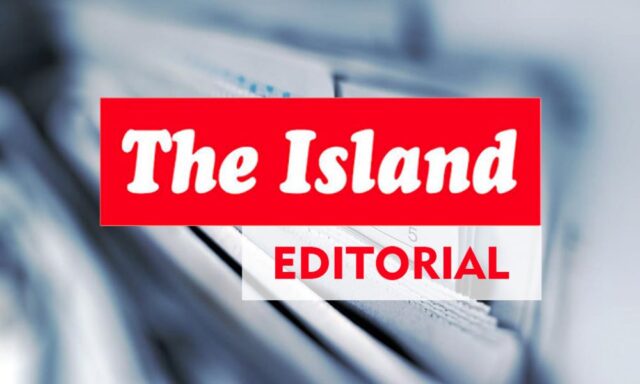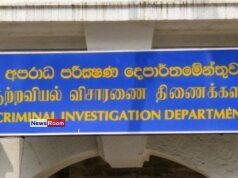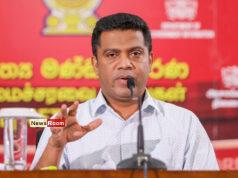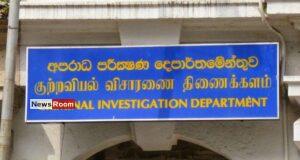The Opposition has been able to put the government on the defensive on the propaganda front. The JVP/NPP carried out a propaganda onslaught against its political rivals, and rallied enough popular support to win last year’s elections. The boot is now on the other foot.
On Wednesday, claiming that despite last year’s regime change, some big companies continued to import coconut oil fraudulently, causing huge losses to the state coffers, SJB MP S. M. Marikkar, said NPP’s much-flaunted mandate had a foundation of lies. The ruling alliance had lied its way to power, making a host of promises that it did not intend to fulfil, he said. The SJB is now saying about the incumbent dispensation what the NPP said about previous governments.
The NPP launched a successful campaign to delegitimise the SLPP’s popular mandate after the onset of the current economic crisis in 2022. The Opposition is now all out to assail the NPP government’s credibility and challenge its authority in a similar manner.
Legitimate mandates founded on honest campaigning, truthfulness and sincere promises are rarer than hen’s teeth in Sri Lanka. It is doubtful whether during the past several decades any government has obtained an unsullied mandate in this country, where election campaigns are characterised by half-truths, outright lies and false promises.
One may recall that in the run-up to the 1970 general election, the SLFP-led United Front (UF) promised to make rice freely available even if it had to be brought from the moon. The country experienced a protracted shortage of rice under the UF government.
The UNP came to power in 1977, promising to bring about a ‘Righteous Society’, but what the country witnessed was the very antithesis thereof. Democratic dissent was violently suppressed; elections were rigged and state terror claimed tens of thousands of young lives under that regime.
The SLFP returned to power in 1994, promising to eliminate state terror and corruption, as a national priority, but both evils flourished under that government. The UNP obtained a mandate to rule the country again in 2001, promising to end the war through negotiations, but it only jeopardised national security.
The SLFP-led UPFA administration promised a ‘Prosperous Future’, but only its leaders and their kith and kin prospered during that government. The UNP formed a government in 2015 with the much-advertised goal of ushering in good governance, but its rule became a metaphor for corruption.
The SLPP obtained a mandate in 2019 by pledging to carry out its manifesto, ‘Vistas of Prosperity and Splendour’, but it bankrupted the country in 2022. The NPP promised ‘A thriving nation and a beautiful life’, but the people are struggling to keep the wolf from the door. Rice is in short supply and the prices of essentials have gone through the roof. Overall, the NPP stands accused of doing the opposite of what it obtained a mandate for.
Most of all, the NPP government is on the reverse gear just like its immediate predecessor; it keeps making about-turns on its key promises. It has chosen to remain silent on its pledge to scrap the executive presidency although it has a two-thirds majority in Parliament to introduce constitutional reforms.
The SJB’s assertion that the NPP’s mandate has a foundation of lies may resonate with the irate people who are demanding pay hikes and tax and tariff reductions. However, the fact remains that even the SJB, which has taken the moral high ground, and is condemning the NPP for reneging on promises, would not have been able to deliver what it sought a mandate for if it had won the presidential and parliamentary elections last year. It pledged to amend the debt structuring agreement, but the IMF bailout conditions leave no room for such measures. Most of its election promises were also Machiavellian.








